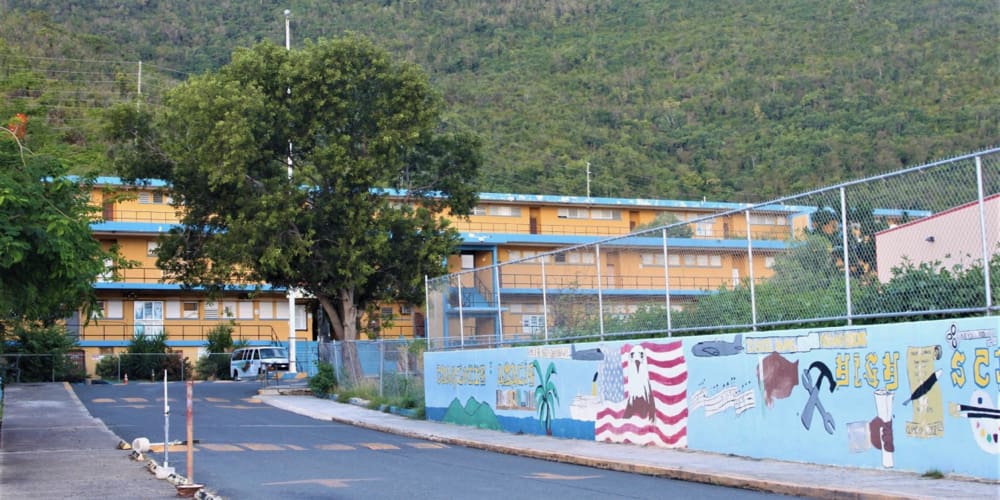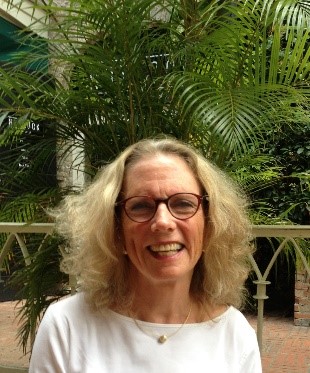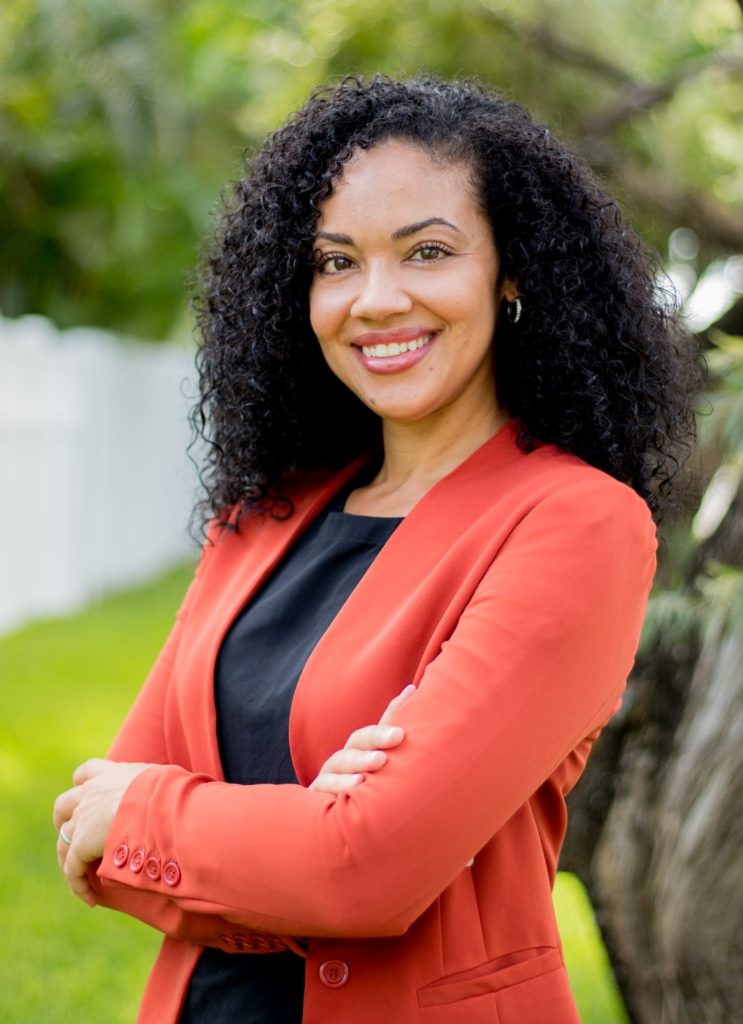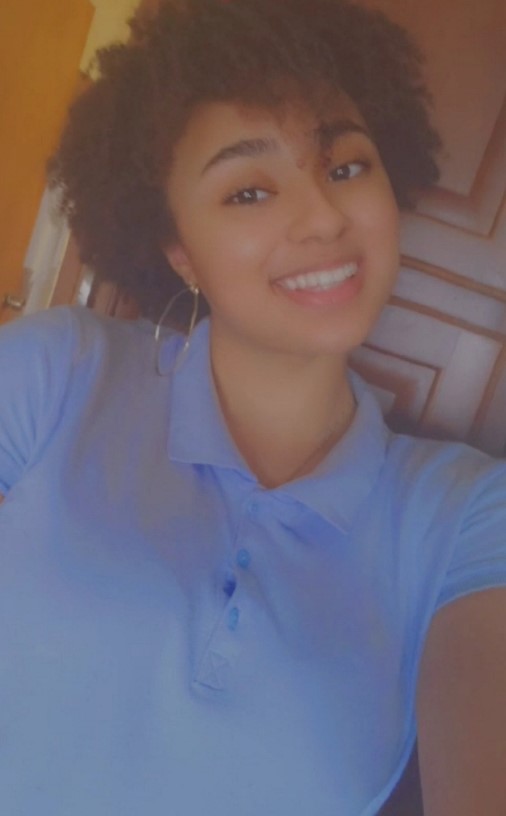
This is the third in a four-part series about virtual schooling in the Virgin Islands.
Just how far back will our children’s education be set because they can’t go to school in the traditional way during the COVID pandemic?
Some predictions are very grim.
In a report titled “The Hurt Could Last a Lifetime,” published in June of 2020, the consulting group McKinsey & Company published some educated guesses about the effects on America’s students if they had to rely on virtual learning until January 2021.
All students would lose ground, the report said, with low-income students being hardest hit, in part because of a lack of internet access. People in that group could lose more than 12 months of normal learning.
The report posited that the learning loss would result in economic losses and predicted that the average student’s lifetime income might be reduced by as much as $82,000 from what it would have been if there had been no disruption to in-person schooling.
It is too early to tell how close these predictions are to the mark. For one thing, it is past January and virtual learning remains the only option for many public school systems – including in the Virgin Islands. The V.I. Education Department recently announced that some students will return to classrooms this month or next, but it is still working to get students in grades four through 12 back physically into schools in the ’21-’22 school year.
There also is limited quantitative data available either to support or challenge the predictions.
V.I. Education officials who spoke in a recent interview with the Source indicated there has been little testing so far to determine possible learning loss levels.
Xiomara Ottley-Herman, deputy superintendent for St. Croix, said there are some “gaps” and the department is trying to track students, but she offered no assessment.
Education regularly measures student progress at the start of each school year, she said, but it was unable to make an evaluation in September of 2020 because students were not physically in school and many of them did not yet have remote access. Consequently, the department plans to compare test results in September 2021 with those from 2019.
Stefan Jurgen, superintendent for the St. Thomas-St. John District, said that not all students may be losing out significantly. “Some of them are even doing better now than they were in the brick and mortar” classrooms.
Overall, however, he said, “We understand that we do have a problem.”
And it is not confined to public schools.
While many private schools throughout the territory seem to have done a good job with distance learning, the general consensus is still that in-person learning is preferable and schools have returned to it as soon as possible.
At the Virgin Islands Montessori School and Peter Gruber International Academy, head of school Michael Bornn said he believes many students have suffered some learning loss because of the abrupt switch to virtual learning last spring.
The school has not made any formal assessment, but anecdotal evidence – such as current class averages compared with their immediate predecessors’ averages – suggests that students fell behind academically because of the shift.
“It’s a matter of how much,” Bornn said.
His concern over learning loss goes far beyond his own students.
“We have a serious learning deficiency going on in this world” which predates the pandemic, he said. The challenges to students who don’t have ready access to online education “is going to exacerbate the gap between the haves and the have-nots. … There’s going to be generations to pay for this.”

In a separate interview, Dee Brown, president of the Community Foundation of the Virgin Islands, made a similar observation.
Before the pandemic, the ability to access the internet and use it as a learning tool was a matter of “enhancement,” she said. “Now it’s critical.”
The situation has highlighted the inequity that already existed over access to the internet and the ability to gather knowledge through virtual schooling, Brown added. It’s especially telling in a small community like the Virgin Islands, which has limited physical facilities like museums and libraries and relies heavily on the internet as an information source.
Many of CFVI’s initiatives focus on education in general and on early childhood learning in particular. Among its affiliations is a partnership with a national nonprofit called Campaign for Grade Level Reading, which in the past few months has focused its attention on learning loss.
“Slowing, stopping and reversing the pandemic precipitated learning loss is an urgent priority that will take years to accomplish,” Campaign says on its website.
There seems little if any disagreement that the first step in tackling the problem is to minimize it.
For that reason, educators locally and across the country have concentrated on ensuring students have ready access to virtual learning, are training teachers in implementation and providing as much extra help as possible to students having academic trouble. They also are moving to reopen traditional classrooms as soon as possible.
The V.I. public school schedule includes an “intervention block” in the afternoon, Ottley-Herman said. It’s comparable to the teacher’s office hour, a time when students can seek extra help or a teacher can reach out to a student who seems to be struggling. It’s a time for individual or small-group help.
The Education Department also operates summer programs, she noted. These include so-called credit recovery classes or make-up programs designed to fill in areas in which a student did not succeed during the school year; bridge programs to help students move on to the next grade; and interest-based classes.
Many local nonprofits offer after-school and summer programs also.

Under a 2020 initiative, CFVI distributed $80,000 divided among eight organizations to support such efforts. Much of the money was used for tutorial programs to help students adjust to virtual learning and to understand and complete homework assignments, according to Anna Scarbriel, vice president and director of grants and programs. That was in addition to more than $23,000 to local charities, much of which went toward the purchase of computer equipment and technology to facilitate distance learning for students.
Looking ahead, some national voices suggest there will be a need for sweeping tutorial programs. John J. King Jr., a former Education secretary and now the head of a nonprofit called The Education Trust, is pushing for the creation of a national tutoring corps that could be staffed by older students or recent graduates who would earn either money or education credits for their service.
With all the focus on academic consequences, Scarbriel pointed out that shutting down in-person classes also had impacts on social and emotional development.
Jadynn Sibilly, a sophomore at Charlotte Amalie High School, feels those consequences.

“My grades are the same for the most part,” she said. “But my attitude toward school has changed.”
There simply isn’t the same kind of draw from a Chromebook or laptop in your bedroom as there can be from a room full of your peers and friends.
“The motivation to log on for school – there is no motivation,” she said.
Sibilly does log on and she does keep up, she just doesn’t enjoy it these days. “My eyes even hurt,” she said.
Her reaction when she learned that fourth-12th grade students in public schools would continue virtual learning at least for the rest of this school year? Well, she said, she’d sort of heard that before it was announced.
“I’ve already accepted it,” she sighed.
Next: A senior looks back on a highly unusual high school career


